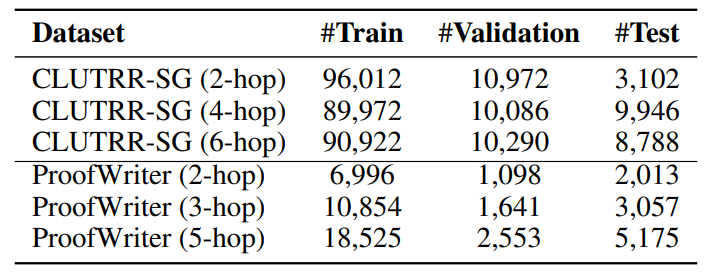Coinidol.com review of the Cortex project and the CTXC token.
Cortex (CTXC) is a cryptocurrency and blockchain project that focuses on the development of artificial intelligence (AI) and machine learning (ML) technologies on the blockchain.
AI on the Blockchain
The goal of Cortex is to create a decentralized, open-source AI platform where developers can build and deploy AI and ML models and where AI services can be accessed and executed on the blockchain.
Cortex introduces the concept of “smart AI contracts,” which are self-executing contracts that can be used in various applications, from content filtering to data analysis.
To encourage the development and deployment of AI models on the Cortex blockchain, the project has an incentive mechanism for developers and users. Participants can be rewarded with CTXC tokens for contributing to the ecosystem.
Moreover, Cortex can be integrated with other blockchains, enabling cross-chain compatibility and allowing developers to leverage the AI capabilities of Cortex on different blockchain networks.
Disclaimer. This article is for informational purposes only and should not be viewed as an endorsement by Coinidol.com. The data provided is collected by the author and is not sponsored by any company or token developer. They are not a recommendation to buy or sell cryptocurrency. Readers should do their research before investing in funds.
Source: https://coinidol.com/cortex-ctxc-token/


